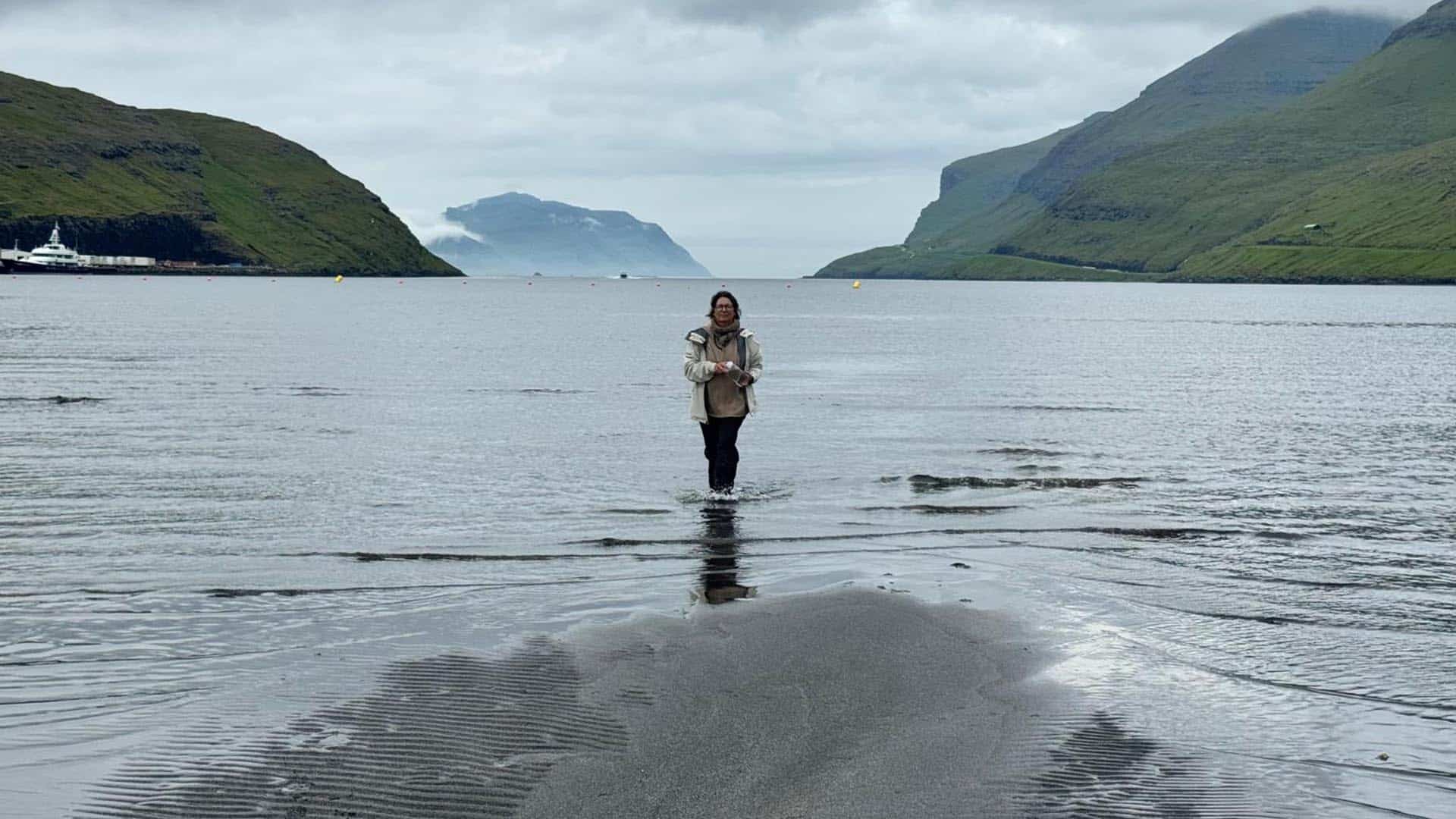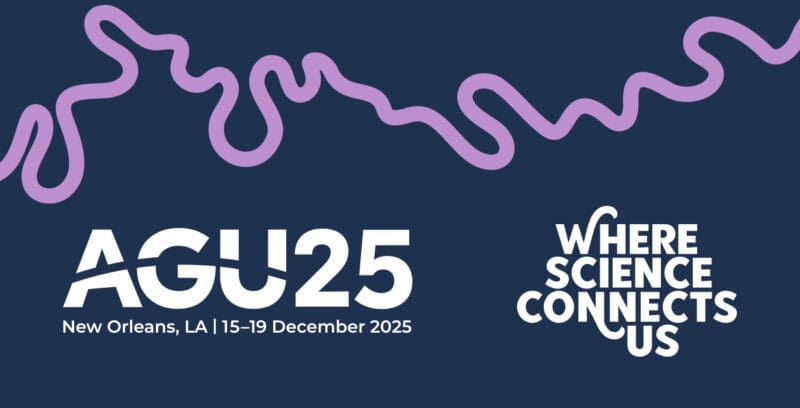Day 2 – Lakes, Local Support and National News
The team continued their work across the Faroe Islands with a day focused on remote lake and coastal sampling. Despite persistent mist and low cloud, progress was strong.
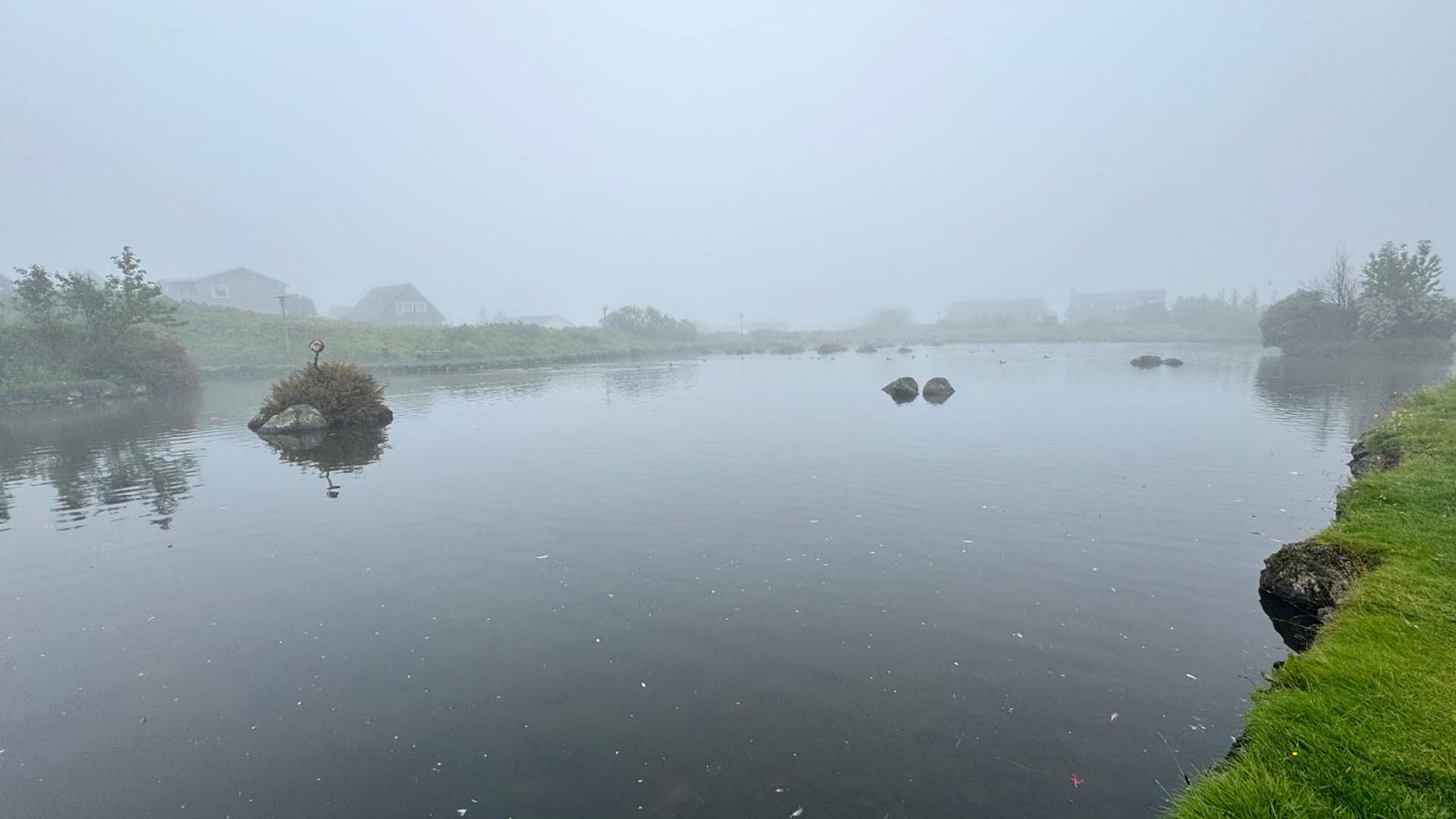
Dr Maureen Raymo led the scientific operations, ensuring all procedures met key research objectives. With support from Alan Chambers and Billy Perham, 13 samples were successfully collected across a range of freshwater and coastal locations.

Local guide Thurid Samró proved invaluable, offering both logistical support and Faroese hospitality, including welcoming the team into her summer house for a much-needed afternoon break.
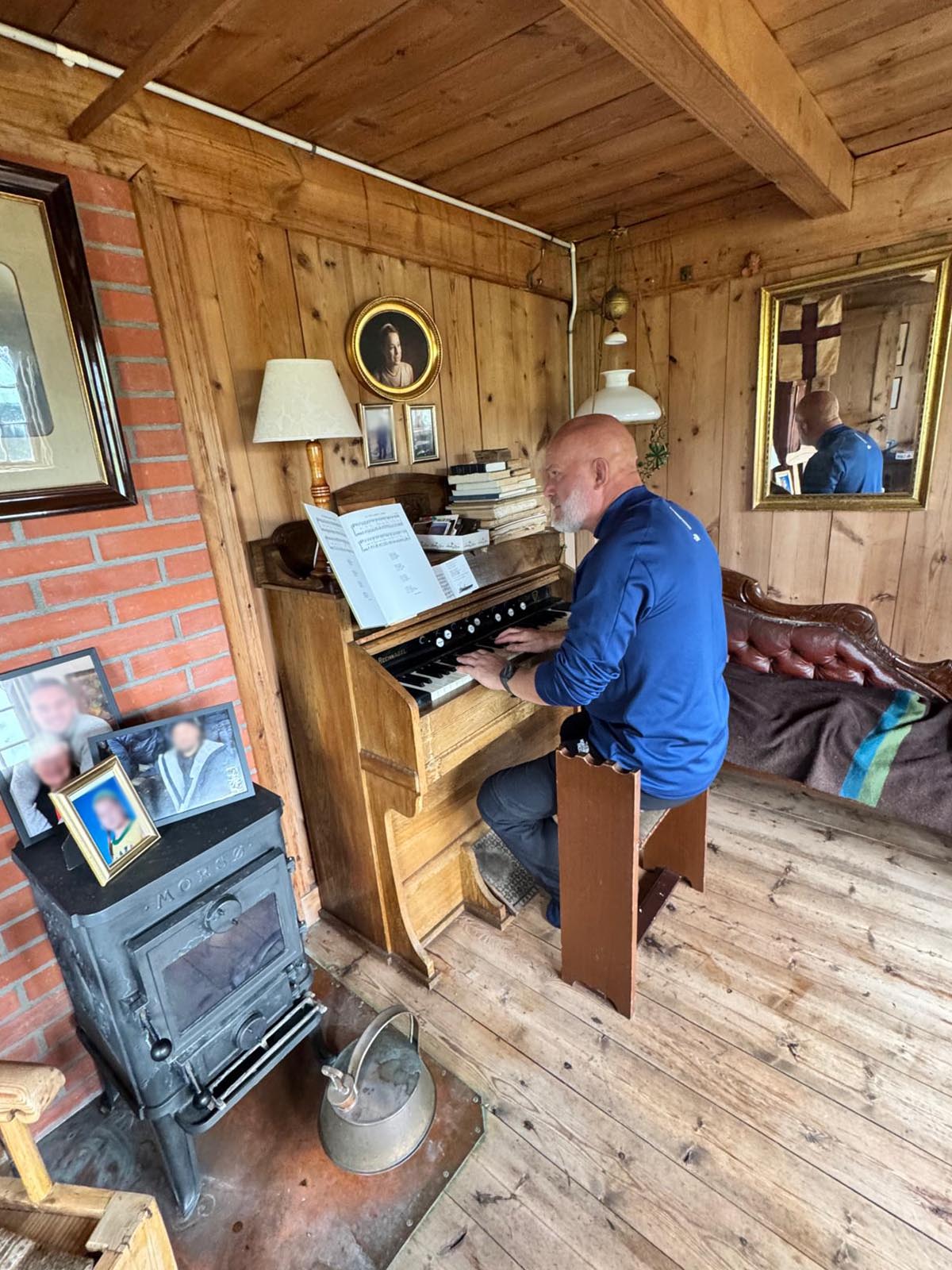
Later that evening, Mission Spiritus featured on Kringvarp Føroya (KVF) – the national broadcaster – helping to raise public awareness of micro and nanoplastic research. Watch the news feature below.
Day 3 – Suðuroy and Lítla Dímun
An early departure from Tórshavn marked the start of a long and challenging day. The team travelled by ferry to Suðuroy before transferring onto a RIB to reach Lítla Dímun.
Lítla Dímun is the only uninhabited island in the Faroes. Landing on the island required careful coordination and a demanding climb.
Guided by two wildlife wardens, the team made their way to the island’s only freshwater spring to collect a vital water sample. Puffins and seabirds surrounded the route, a striking reminder of the island’s ecological importance.
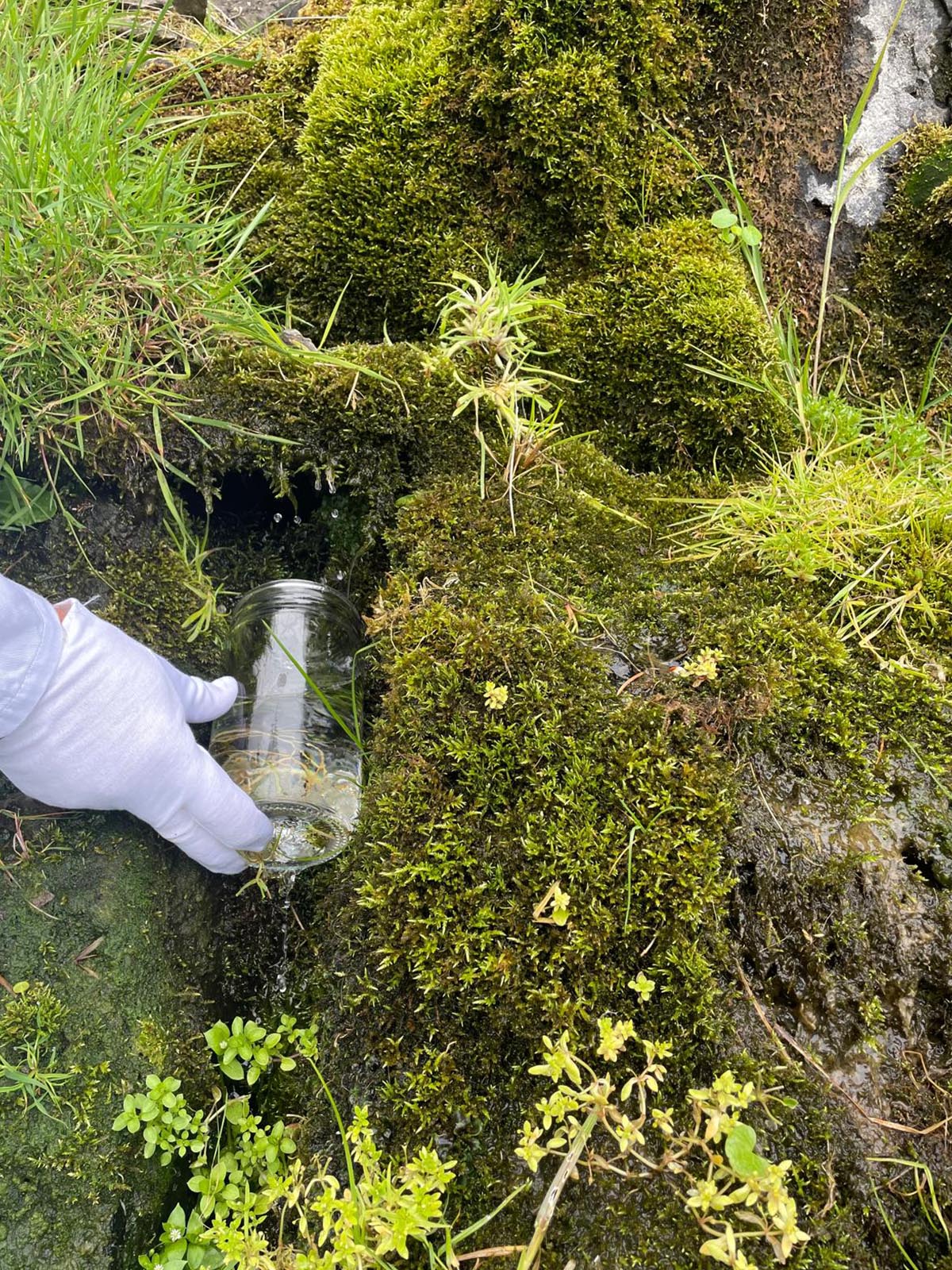
Back on Suðuroy, the focus shifted to Lake Kirkjuvatn. A steep ascent brought the team to its shores, but with no boat access available, conditions were far from straightforward. Alan stepped into the lake in waders to retrieve both water and sediment samples by hand – a testament to the teams flexibility and commitment in the field.
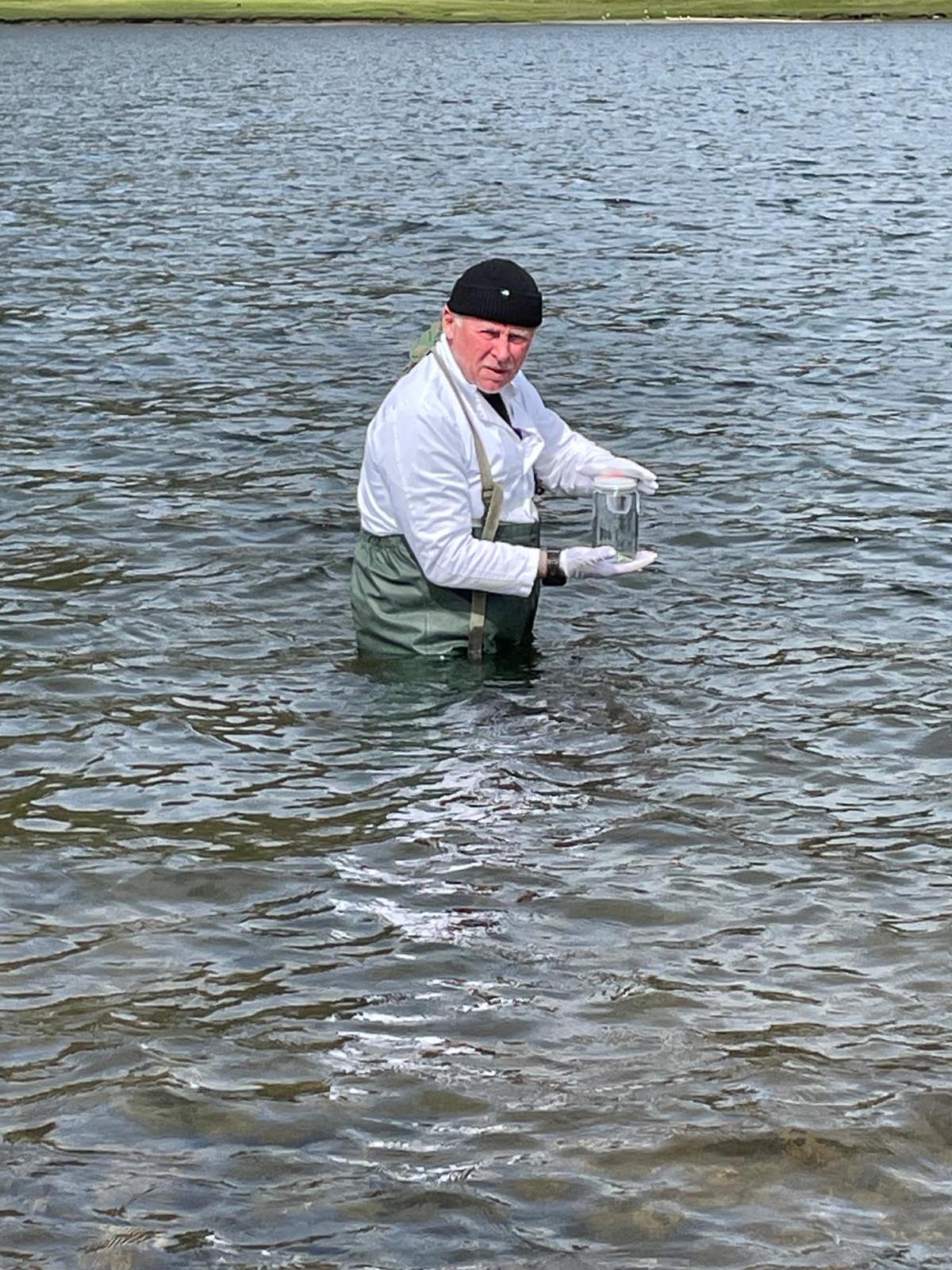
Day 4 – Targeted Beach Sampling
The fourth day focused on beach and shoreline samples from Vágar and Streymoy.
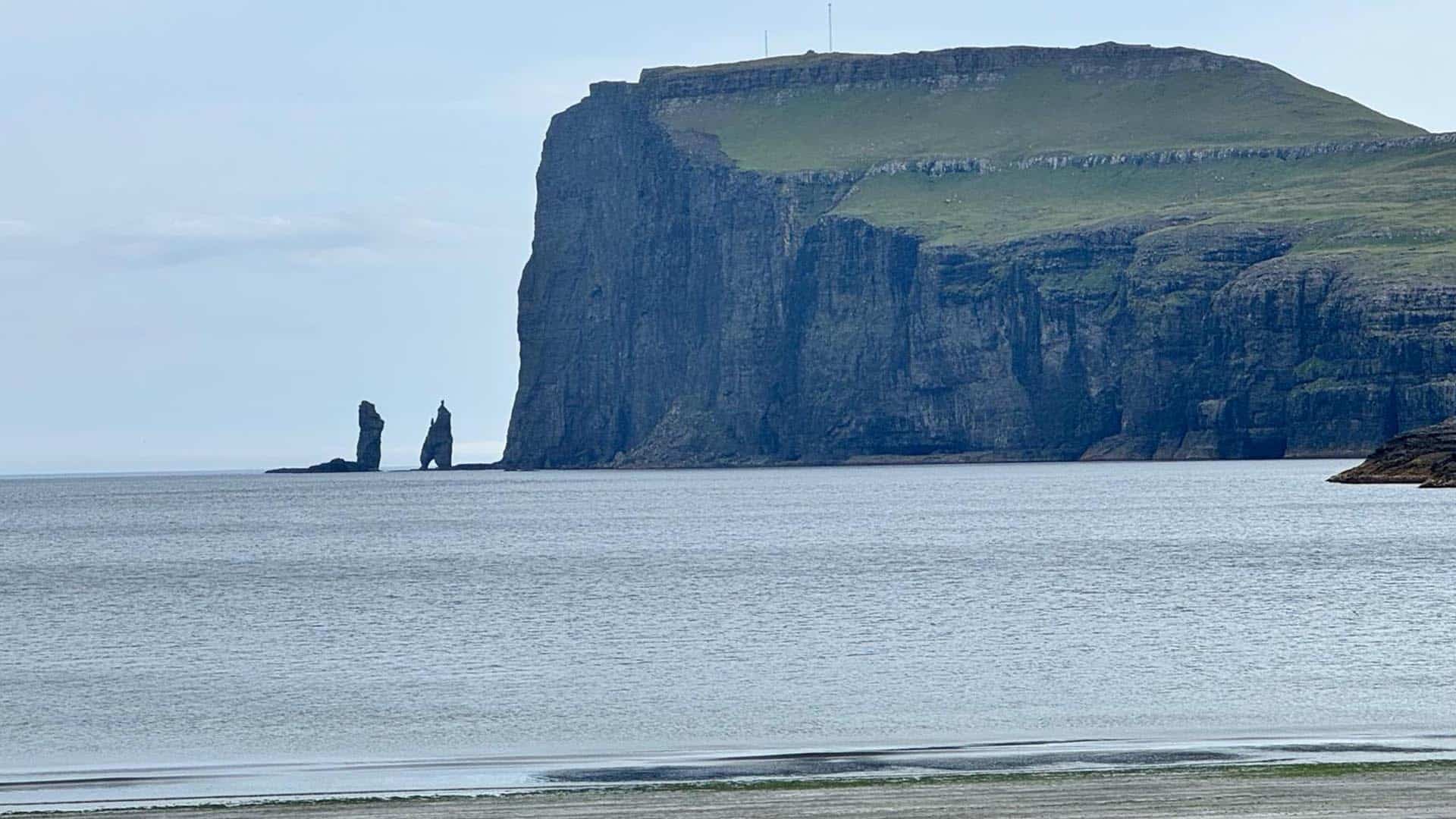
On Vágar, the team collected samples at Sørvágur, working efficiently under clear skies and light winds.
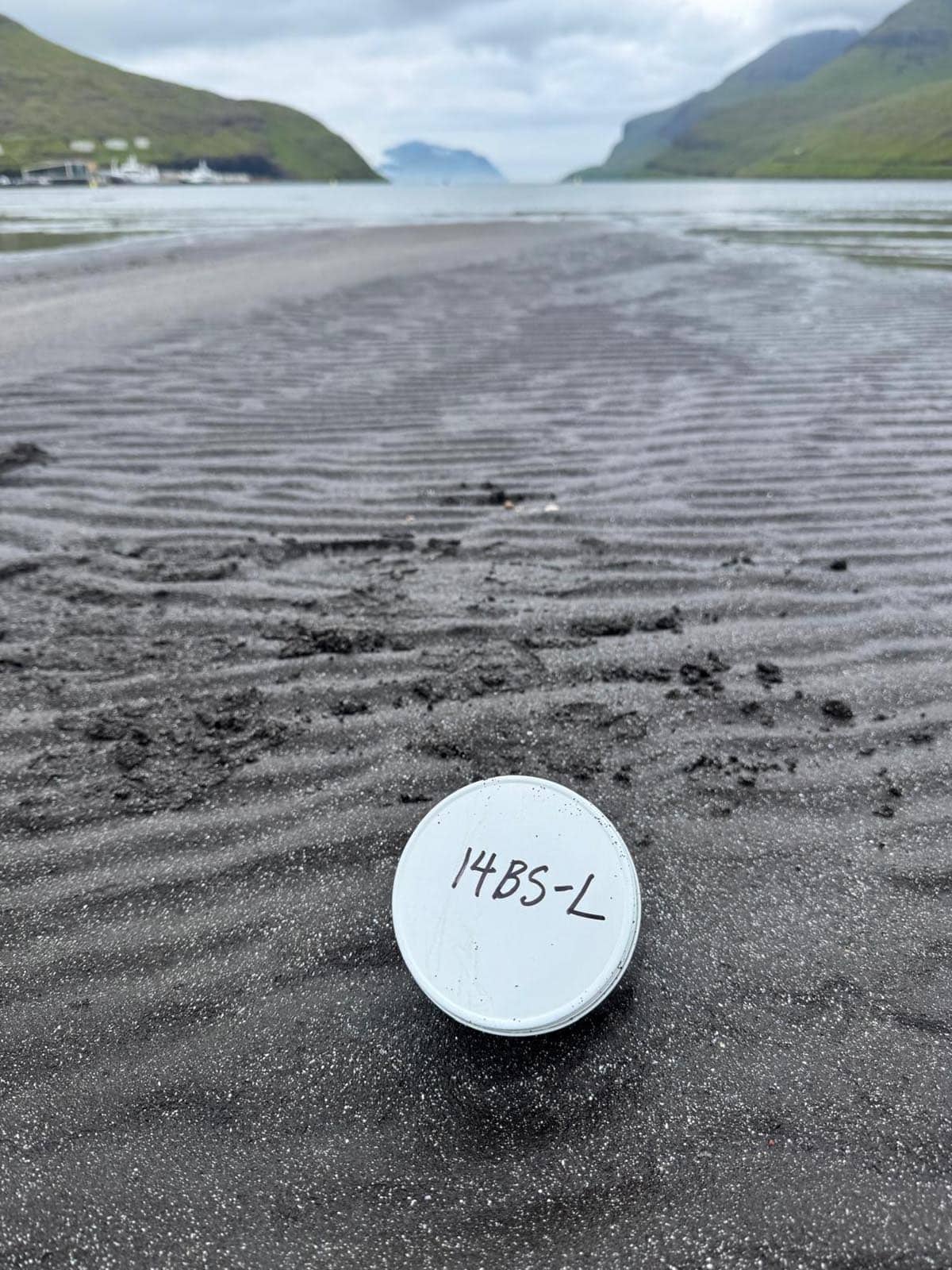
Later, they travelled to Leynar and Tjørnuvík on Streymoy, where the differing coastal characteristics – from wave energy to wind exposure – offered important contrasts for comparative research.
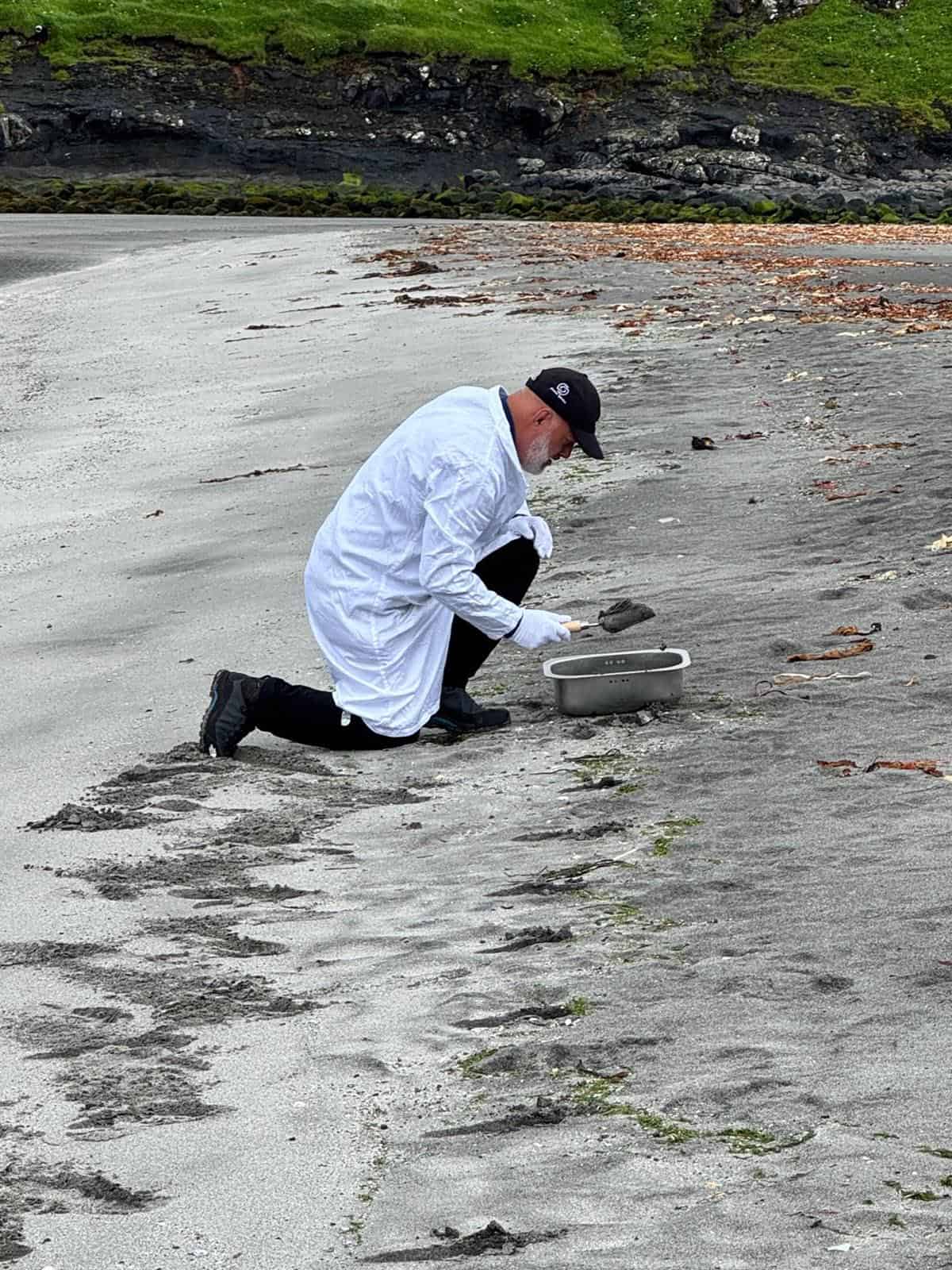
GPS coordinates, photos and environmental observations were recorded at each location, with strict sampling and storage protocols followed to preserve sample integrity.
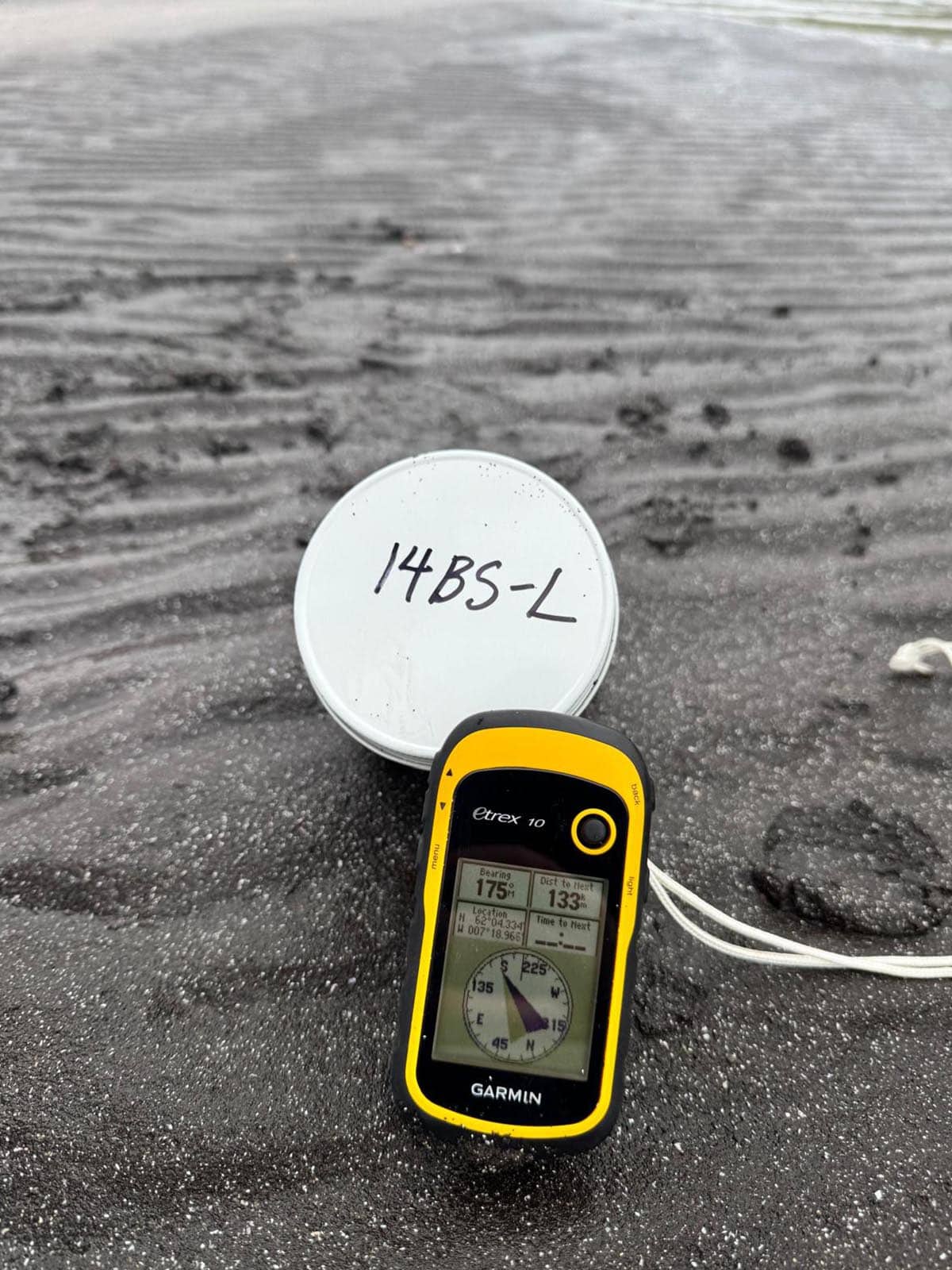
The expedition continues to generate strong local interest. Several residents stopped to talk with the team, offering informal yet valuable opportunities to share the purpose behind Mission Spiritus and the science of airborne plastic pollutants.
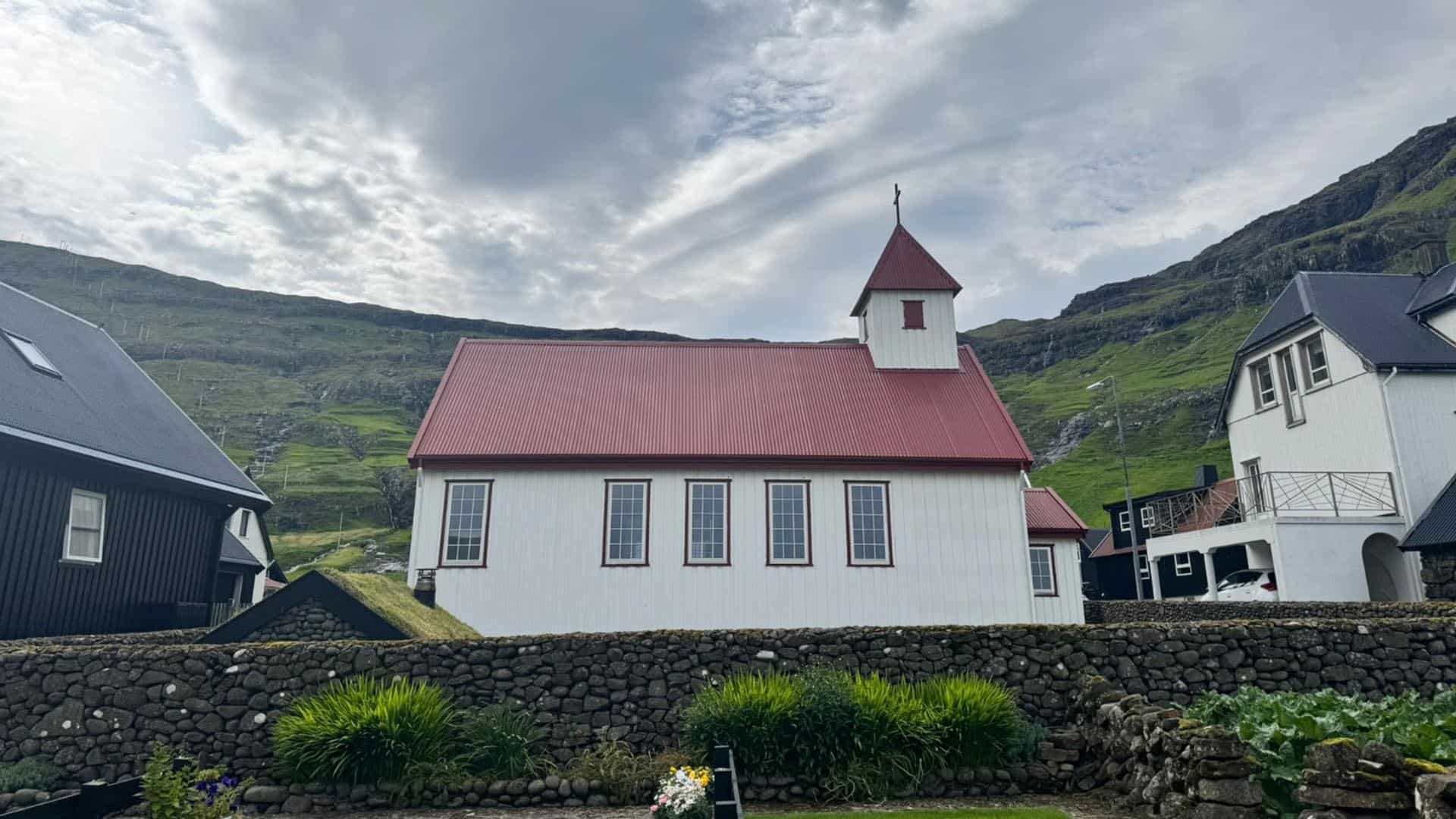
Before returning to Tórshavn, the team made a brief stop at Fossá, the tallest waterfall in the Faroe Islands – a moment to pause and reflect before the next phase begins.
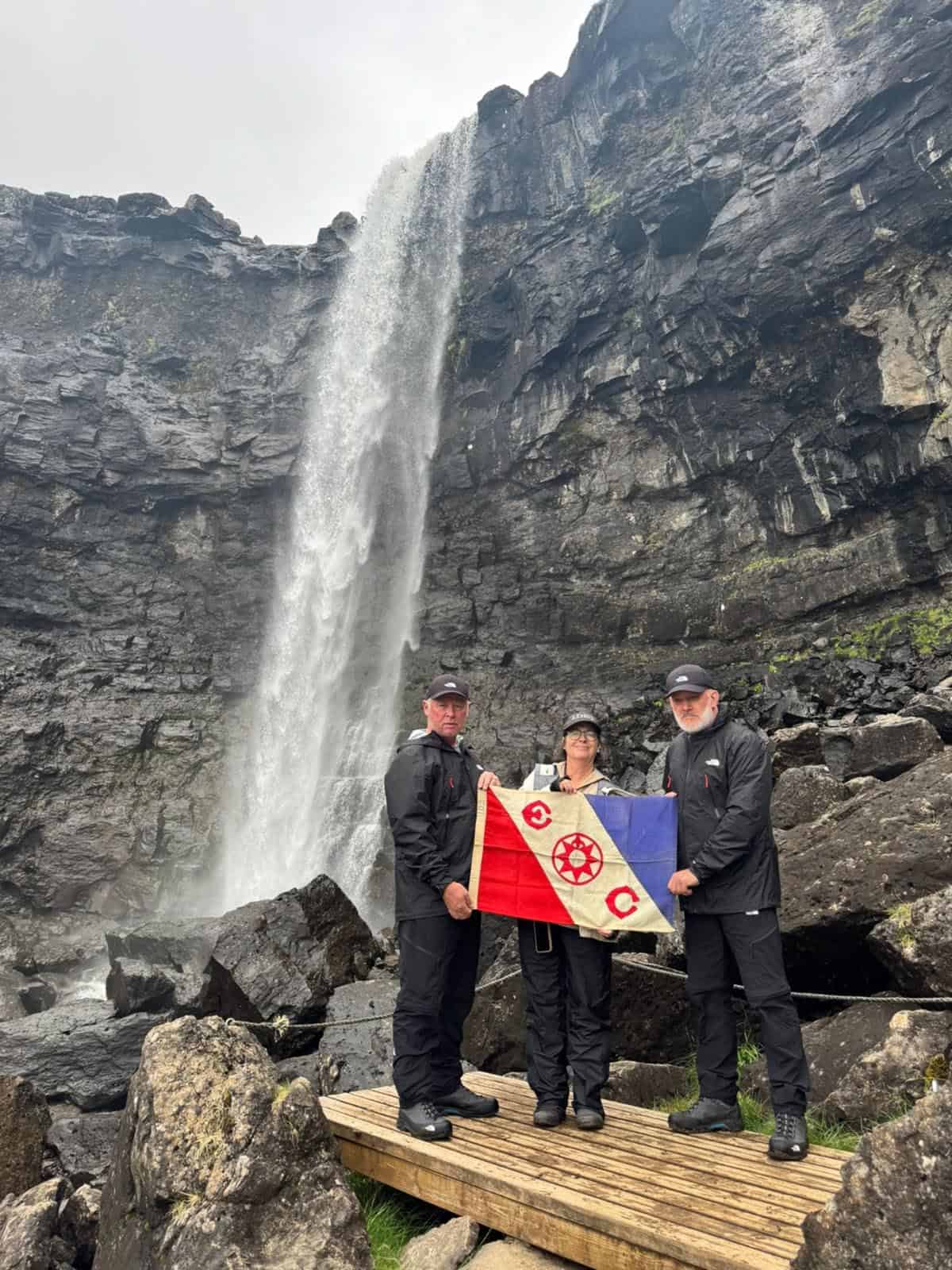
Follow the journey
This blog covers Days 2 to 4 of the Mission Spiritus Faroe Islands Expedition. For more regular updates, follow Mission Spiritus on Instagram and LinkedIn, where you’ll find more images, highlight stories and updates direct from the field.
You can learn more about the Mission Spiritus Faroe Islands Expedition here.
